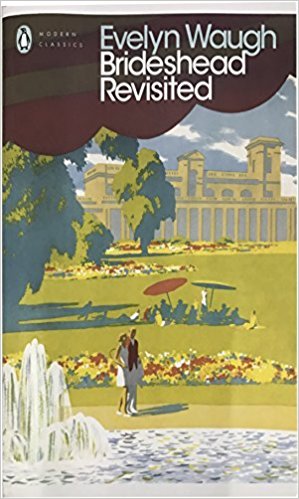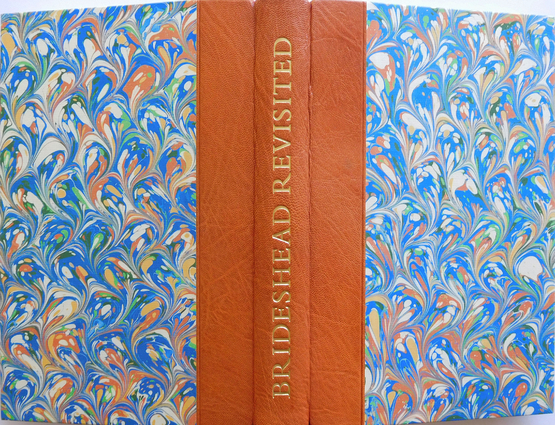

The story Waugh tells of his friend Alfred Duggan during those years runs parallel to his own experience: Work was happening below the surface, too.

Waugh had written since he was a child, and as a student contributed regularly to university magazines – not only fiction but also write-ups of union debates and, perhaps surprisingly, some fantastic graphic art that captured the dynamic spirit of the times in which he was living. But though often hungover, he was rarely truly idle. Waugh claimed to do minimal work at Oxford and, as far as his history degree was concerned, this is woefully accurate. In A Little Learning Waugh gives Graham the pseudonym Hamish Lennox, the “friend of my heart”. He fell in love first with Richard Pares, a talented historian later “rescued” from debauchery by a concerned don, then Alistair Graham, who inspired Brideshead Revisited’s Sebastian Flyte.

Like many freshers, young Evelyn celebrated his freedom by getting drunk and embarking on relationships with other undergraduates. And just as Waugh looked back to 1925 for Brideshead, in A Little Learning he looked even further back – through his own forebears, his “idyllic” childhood and miserable boarding school years – before emerging into the bright sunlight of 1920s Oxford.Īt university Waugh was dazzled by a glamorous world totally unlike anything he had known before, adopting a sophisticated set of young bohemians known as the Aesthetes. A preface to his most famous novel, Brideshead Revisited (1945), explains that when writing the book Waugh had assumed the way of life it portrayed – old established families living on in ancestral homes for generations – was dying out. Suspicious of the modern, Waugh looked instead for comfort in the past. He had just attended mass and his favourite daughter, Meg, believed he’d been praying for death. He suffered a massive coronary thrombosis at his home on April 10 1966. It was intended as the first volume of a longer work but he died before its sequel, aptly named A Little Hope, was finished. He was wrong about that – two novels of the acclaimed World War II trilogy Sword of Honour appeared during this decade of despair – nevertheless, Waugh had turned his back on the material world by the time his autobiography appeared in 1964.

For ten years he’d struggled with deep depression, relying heavily on alcohol and prescription sedatives and putting all his energy into a talent he believed was fading. Only when one has lost all curiosity about the future has one reached the age to write an autobiography.Įvelyn Waugh was only 60 when he wrote this downbeat opening to his memoir, A Little Learning.


 0 kommentar(er)
0 kommentar(er)
